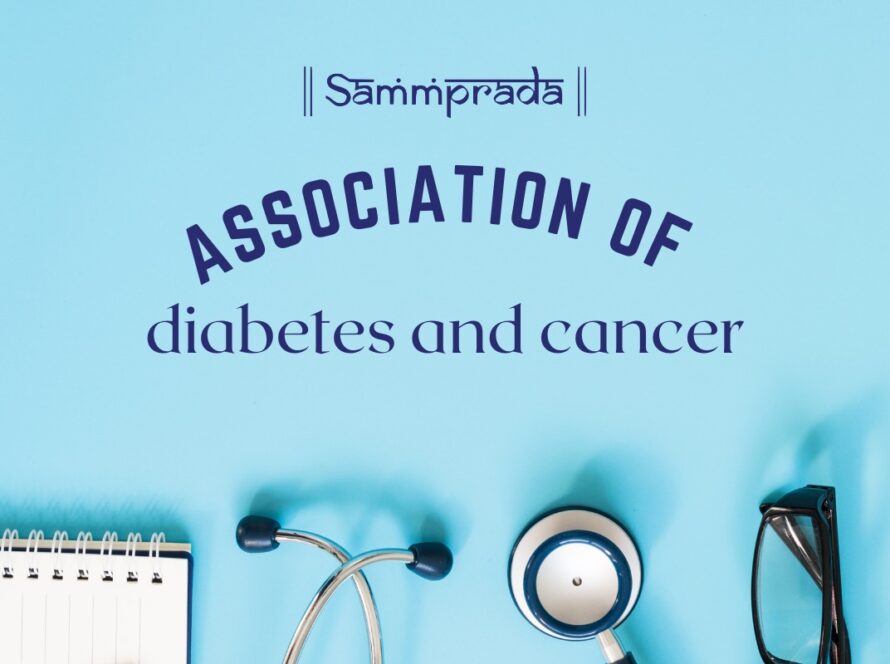Selenium (Se) is an essential trace element in cereals, wheat, dairy products, meat, and fish. Its antioxidant activity is mediated through its ability to increase the activity of glutathione peroxidase enzymes. The diverse dietary habits in India and the varying soil selenium content contribute to the regional differences in the intake of Se. Evidence shows that low levels of Se are associated with cancers of the prostate, lung, and colorectal regions. The biological mechanisms include repair/prevention of oxidative damage, intracellular signaling, regulation of immune response, and enhanced apoptosis.
The Role of Selenium in Cancer Prevention and Treatment: A Closer Look
Although evidence indicates the inverse association of Se levels and the occurrence of cancer, the reciprocal sequestration of Se due to cancer further reduces its levels. Optimal Se levels not only prevent cancer occurrence but also enhance cancer treatments‘ efficacy. Its benefits include reduction of treatment-related toxicity due to chemotherapy or radiotherapy, and it also improves overall patient outcomes. It is also speculated to modulate drug resistance mechanisms, which further underscores its importance in cancer therapy. These effects of selenium mandate its monitoring for optimizing the cancer treatment protocols.
A narrow range exists between an appropriate and toxic amount of this metalloid, and hence caution needs to be exercised before supplementing with Se. The recommended amount of Se intake is 1 µg/kg of body weight. Selenium supplementation is also effective in viral infections such as polio, influenza, HIV, hantavirus, and SARS-CoV, but the benefits are yet to be proven in large-scale clinical trials. Complications related to excess amount of Se in the serum include hair loss, fatigue, gastrointestinal disorders, and increasing risk for type 2 diabetes. Se deficiency might be considered as an indicator of the severity, mortality, and overall risk of COVID-19.
A research study is being implemented at Sammprada Hospital where incident patients with solid cancers are assessed for their serum selenium levels before initiation of treatment. Further research has mentioned the ‘U’ shaped differential relation such that selenium supplementation tends to reduce the risk of lung cancer among populations with lower baseline selenium status but increases the risk of lung cancer among those with higher selenium levels.
Reference:
- Frost A.C, Poole C, Satia J.A et al. Selenium, apoptosis, and colorectal adenomas. Cancer Epidemiol Biomarkers Prev 2006;15(3):486-493.
- Lener M.R, Gupta S, Scott R.J et al. Can selenium levels act as a marker of colorectal cancer risk? BMC Cancer 2013;13:214.
- Elassal G, Samy H, Said M et al. Significance of selenium levels in non-small cell lung cancer patients. A comparative study. Egyptian Journal of chest diseases and tuberculosis 2014: 63: 1019–1023.


